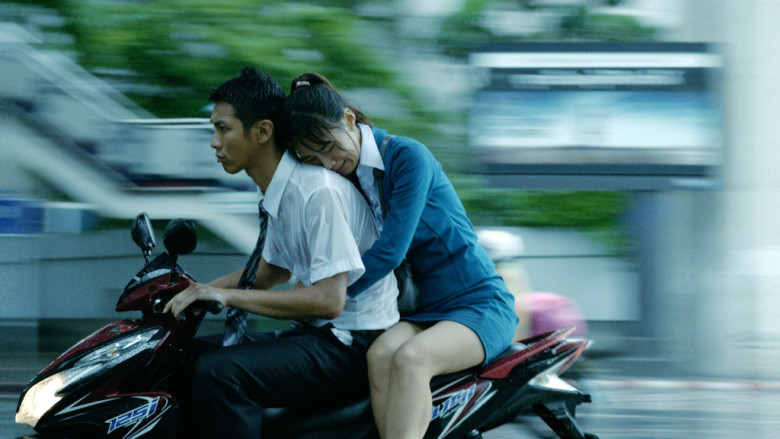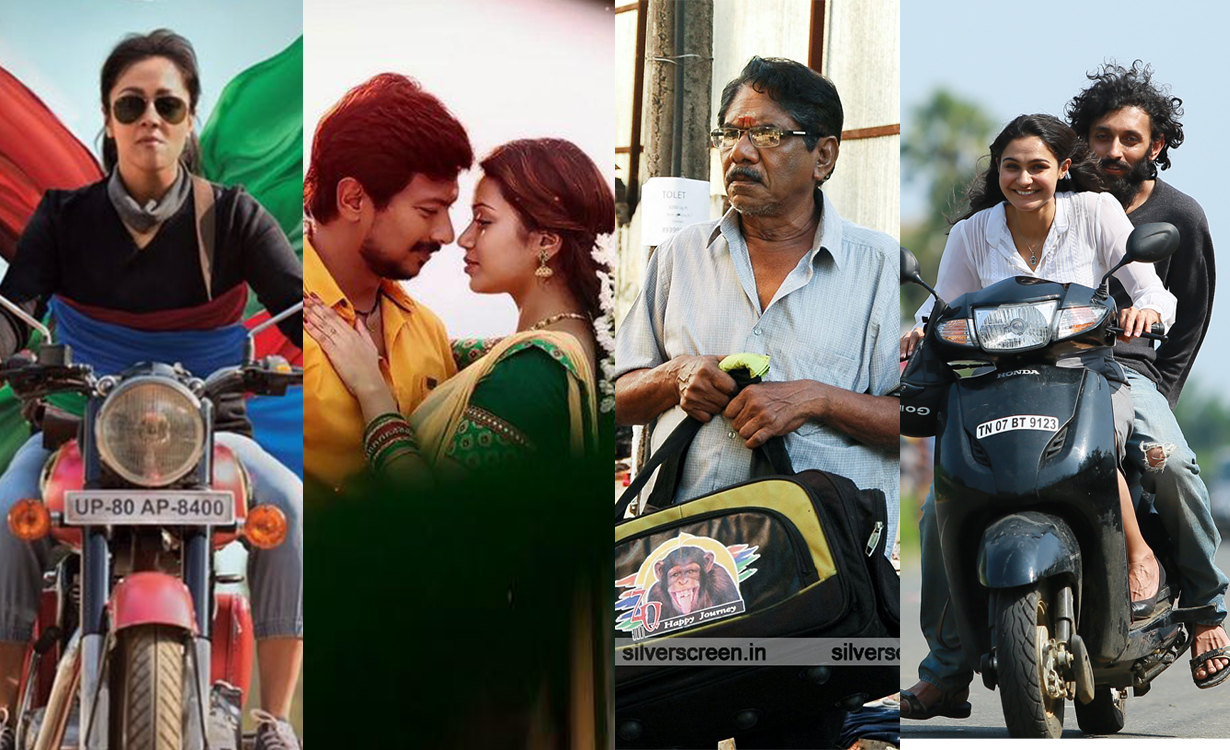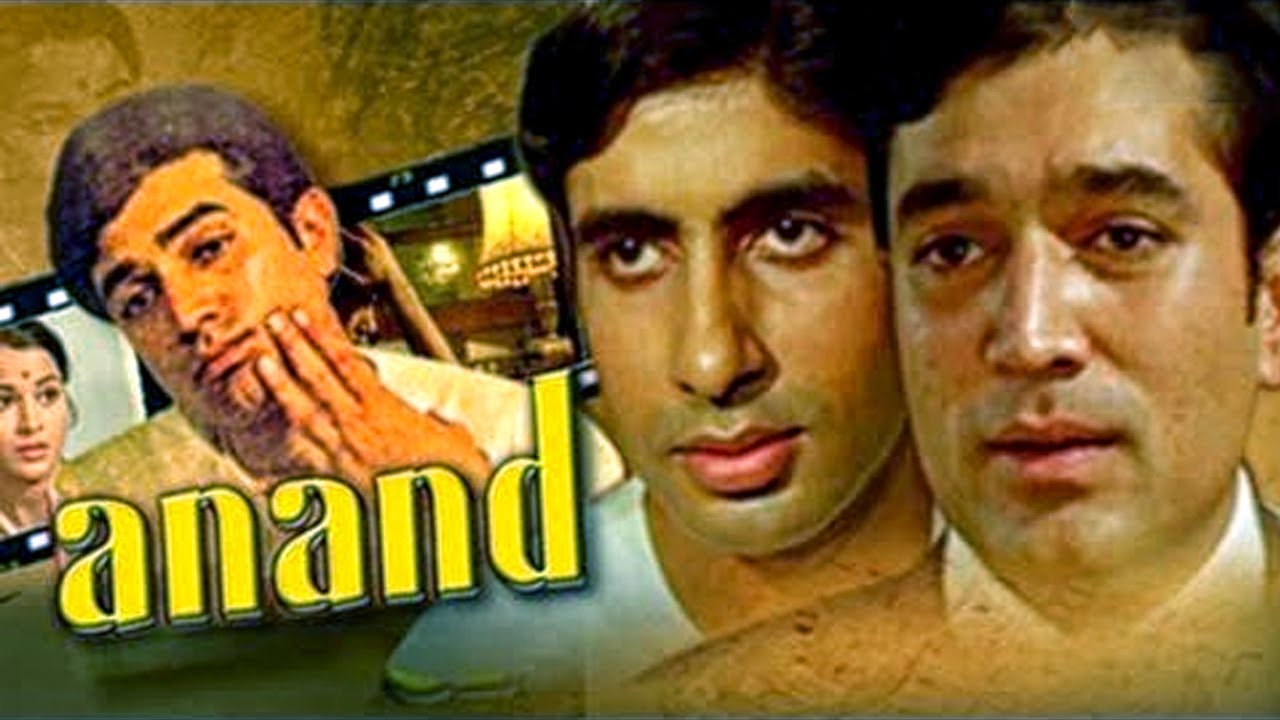Road To Mandalay was screened at the 14th edition of the Chennai International Film Festival (CIFF).
There are movies that take a while to settle into. Those with slow-paced initial sequences that seem mundane. Characters that come across as plain, without bearing the look of carrying the weight of a heavy plot. And then the film sheds all this and delivers a blow. Everything begins to make sense and the audience is awestruck by the gravity of what is unraveling.
Burmese director Midi Z’s Road To Mandalay is such a film. There are plain long-drawn shots of people travelling through Bangkok in tuk-tuks, and lengthy static shots of women sitting around a table in a crammed apartment and slurping instant noodles. But Z’s film is backed by a brilliant script and performances that make you really feel the peculiar rhythm of the drama.
A powerful tale about illegal Burmese immigrants in Thailand, Road to Mandalay is the antithesis to Kipling’s poem of the same title, an ode to the ‘exotic east’. The Burma (Myanmar) the film refers to is a poverty-stricken third world country with no life prospects to offer its younger generation. The couple the film is centred around, Lianqing (Wu Ke-xi) and Guo (Kai Ko), are smuggled into Bangkok by an agent in the dark of night. Both of them want to find work and earn money in Thailand. But while Guo’s wants to go back to Burma after saving some money, Lianqing dreams of settling down into a comfortable life in Bangkok. He is an earnest simpleton. She is smart and ambitious. Despite this difference in approach to life, he falls for her at first sight. After some persuasion, she reciprocates his feelings.
While most of the denizens focus on conquering their dreams, what happens to the group who can’t seem to fit in, who suffer from loneliness and a lack of belongingness in the urban jungles? The film depicts the suffocating alienation that Guo faces in the new country, and how he only wants to leave as soon as he can with the girl he loves. He doesn’t want a work permit, and has no intention of staying in Bangkok for long; unlike Lianqing, who does everything she can to get hold of a fake work permit, a decent job in the city, and soaks in the comforts that the city offers.
There are striking images of Bangkok’s undocumented sector, consisting mainly of illegal migrants from poorer countries. Overcrowded workers’ hostels, dirty kitchens in restaurants where young migrants work for pitiful wages, government offices which run on bribes, the giant factory machinery where the couple works, and the tuckshop where they buy ice cubes and cheap instant noodles for lunch – the film portrays their life without taking sides or slipping into melodrama.
The approach is clinical. After they are turned down by an employer who tells them that their employment papers are good for nothing, all we get is a shot in the rain. The couple are on Guo’s bike. If you look closely enough, you get a glimpse of Lianqing weeping on Guo’s shoulder. It’s this emotional aloofness that makes the unfolding tragedy a horrifying experience to watch.
Recommended
Z’s film is brutally honest in its depiction of the world we are living in. Lianqing falls into the trap of bogus immigration officials. She, in spite of her intelligence and unshakeable spirit, is a naïve third-world citizen, desperate to get out of poverty. Guo’s fall from a life-affirming youngster to a frustrated cynic shows the heartwrenching side of what the world is doing to its young and vulnerable. You want to put an arm around him and say – everything is going to be alright.
*****
The Road To Mandalay review is a Silverscreen original article. It was not paid for or commissioned by anyone associated with the movie. Silverscreen.in and its writers do not have any commercial relationship with movies that are reviewed on the site.



